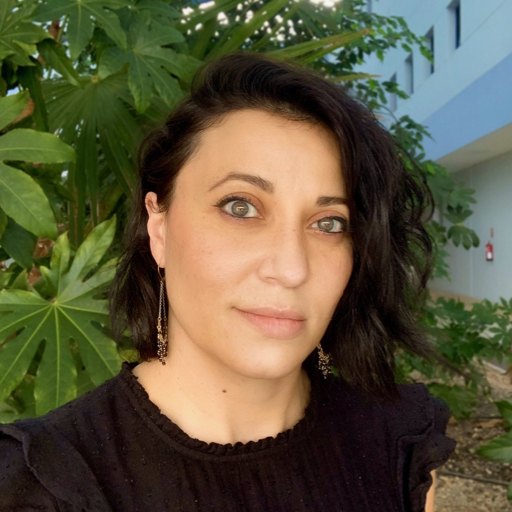
Bibiana Comesaña Gándara
| AREA | RESEARCH GROUP | INSTITUTE |
|---|---|---|
| Environmental technology | Environmental Technology Group | Institute for Sustainable Processes |
After obtaining a degree in Chemistry at UVa, I moved to Madrid to study a Master of High Specialization in Plastics and Rubber (UIMP - CSIC) while working as a researcher in polymer chemistry for a private sector company. At the end of the Master, and thanks to an FPI grant, I started my PhD thesis at the Institute of Polymer Science and Technology (CSIC), Madrid, based on the synthesis and evaluation of new thermally rearranged polymers (TR polymers) for their use as gas separation membranes. During my PhD studies, I gained extensive international experience through several stays at the University of Bologna, Bologna (Italy), CSIRO, Melbourne (Australia) and Hanyang University, Seoul (South Korea), where I joined as a PhD student in the Department of Energy Engineering in 2013. In 2016, I received my PhD in Chemistry: Synthesis Chemistry, Catalysis and Advanced Materials from UVa and subsequently in Energy Engineering from Hanyang University. In the same year, I started working as a postdoctoral research associate at the University of Edinburgh, Edinburgh (UK), focusing my research on the development of novel Intrinsic Microporosity Polymers (IMPs) for use in gas separation and electrochemical applications. In January 2021, I returned to UVa thanks to the award of a Juan de la Cierva - Incorporation contract.
The main objective of my research is to promote biogas purification at industrial level through the development of efficient and low-cost membranes, thus improving its valorization through the production of high quality biomethane. Biogas from anaerobic digestion - from organic waste and wastewater - is considered one of the most promising renewable energies to partially address the environmental and energy targets set in the European Green Pact action plan. However, to broaden the scope of its applications, it is necessary to remove pollutants from biogas.
My work focuses on overcoming the limitations of current membranes by betting on low-cost purification of raw biogas, through the separation of CO2 and H2S, with new membrane materials that are more efficient than conventional ones. This interdisciplinary research, straddling materials science and environmental technology, will bring multiple environmental and economic benefits to society, facilitating the creation of a sustainable and competitive biomethane industry in Europe.

